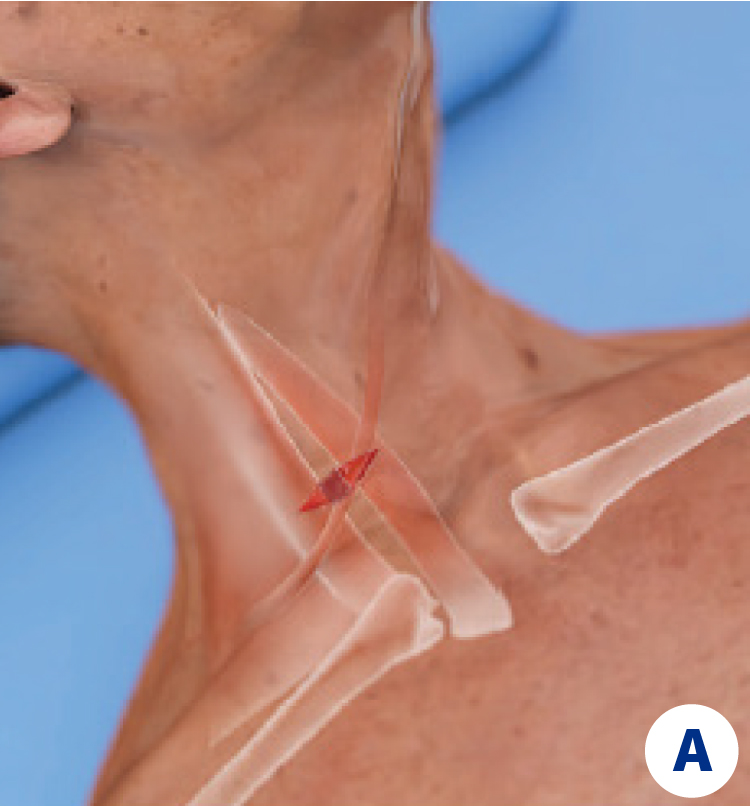|
What is TCAR?

TCAR is a minimally invasive procedure that allows doctors to make a minor incision near the collarbone to place a stent in the artery.

The stent opens the blockage, allowing for better blood flow.

During the procedure, arterial blood flow is temporarily rerouted so that it circulates through a filter. The filter prevents any plaque or debris that breaks free during the procedure from flowing to the brain where it could cause a stroke.
|
|
Penn State Health – Benner Pike
Heart and Vascular
303 Benner Pike, Suite I State College, PA 16801




